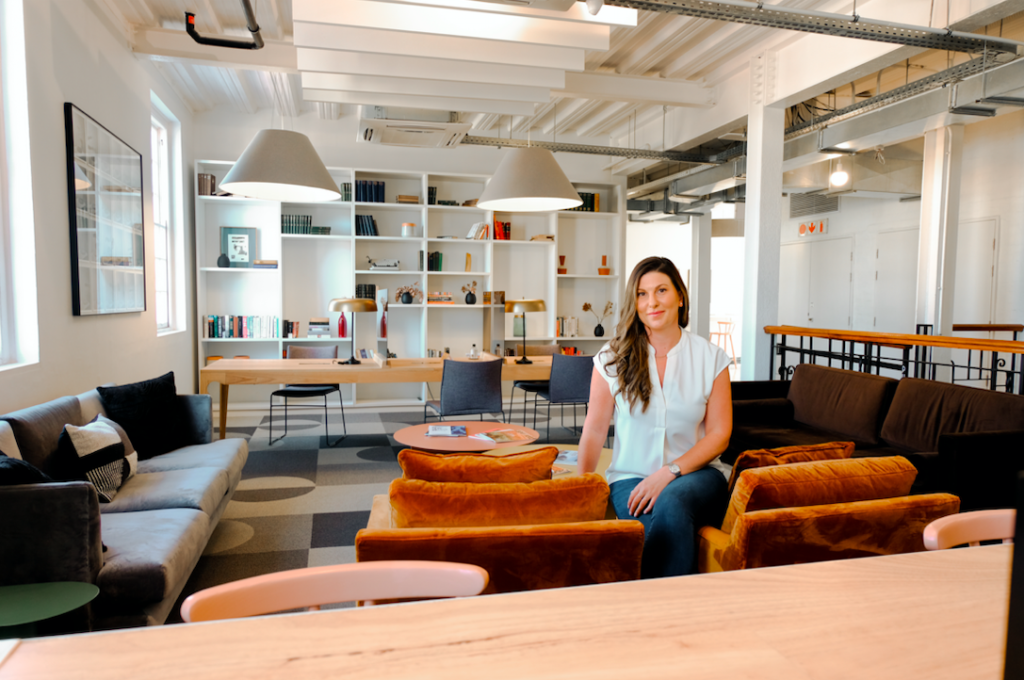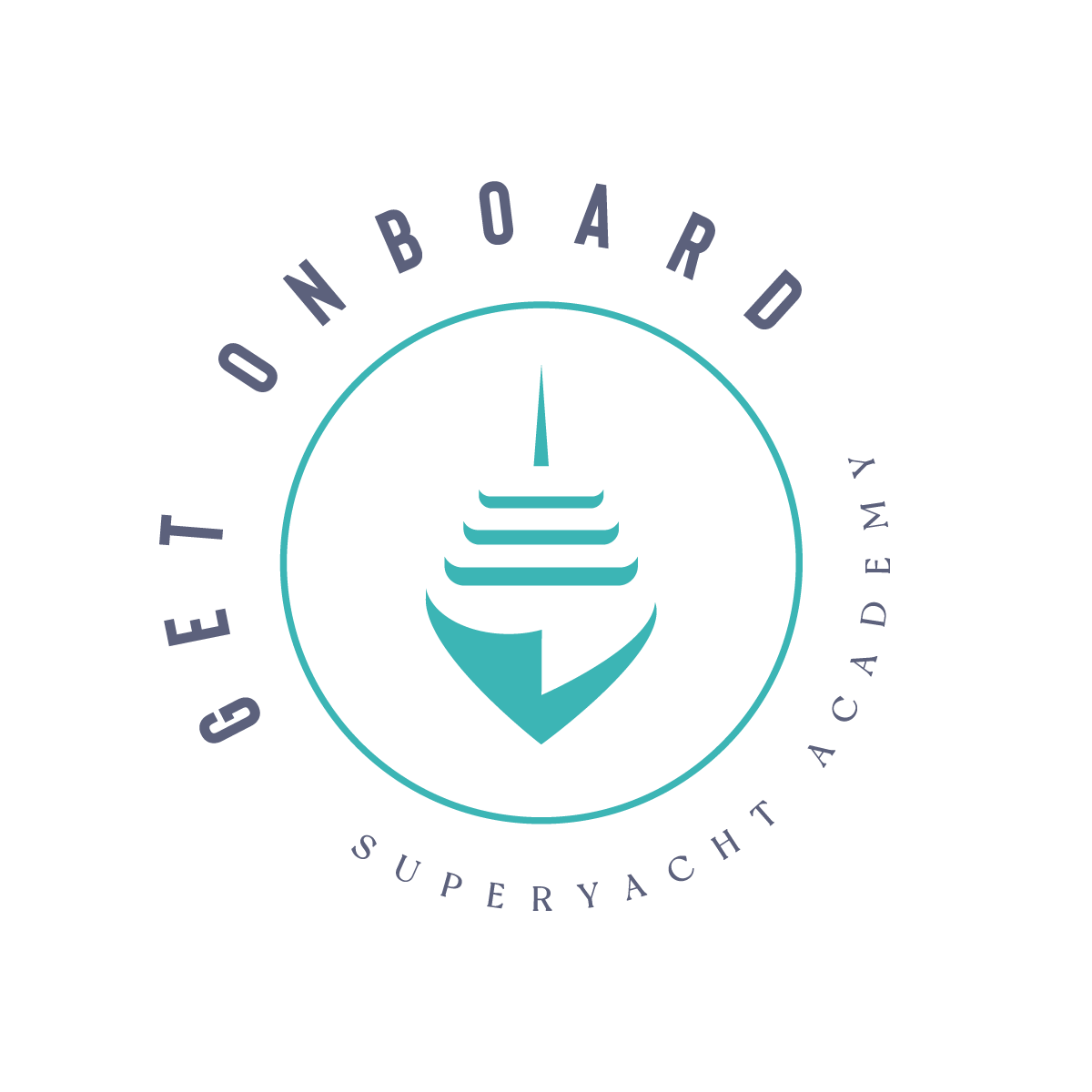FAQ
Get the answers you need from our about superyacht training FAQ. Explore common questions about starting your yachting career, medical certificates, job placement, and more!
GENERAL REQUIREMENTS
To legally work at sea, you must complete the STCW’10 Basic Safety Training, obtain an ENG1 or SAMSA medical certificate, and complete the Proficiency in Designated Security Duties course. These are mandatory for all aspiring yacht crew members.
No prior experience is necessary. Our courses are designed for beginners and will equip you with the necessary skills and certifications to start your yachting career.
You must be at least 18 years old to enroll in our courses and work on a superyacht.
COURSE INFORMATION
We offer comprehensive training for Deckhands, Stewardesses, Engineers, and Chefs, including STCW’10 Basic Safety Training, RYA Powerboat Level 2, and IAMI GUEST-accredited Stewardess courses.
Course durations vary. For example, the STCW’10 course typically takes 11 days. Please refer to individual course pages for specific durations. On average the full career package requires between 3-4 weeks to complete.
Yes, our courses are accredited by internationally recognised bodies such as IAMI, RYA, and MCA, ensuring global acceptance of your certifications.
BENEFITS OF TRAINING
It’s best to start your training just before the yachting hiring seasons — typically March–May for the Mediterranean and October–December for the Caribbean. Completing your training close to the season increases your chances of getting hired quickly.
Hiring seasons usually peak in spring for the Mediterranean (April–June) and autumn for the Caribbean (October–December).
Course fees typically include all training materials, tuition, and certification costs. Accommodation and meals may be offered at an additional cost — please check your specific course package.
es! Many of our students train together. Let us know if you’re applying as a pair, and we’ll do our best to accommodate shared accommodation.
es. A yachting CV is quite different from a traditional one. We offer workshops and templates to help you craft a CV that stands out to yacht captains and agencies.
It varies, but most students find work within 1–3 months if actively dockwalking, registering with agencies, and applying online. Our job support team helps you stay on track.
Cape Town offers world-class facilities, experienced instructors, and is home to the only IAMI GUEST-accredited superyacht training provider in the region. The favorable exchange rate also makes it a cost-effective destination for international students.
Get Onboard is the only IAMI GUEST-accredited training provider in Cape Town, offering internationally recognised qualifications for aspiring yacht crew. With over a decade of industry experience, our expert instructors deliver hands-on, practical training that prepares you for real-life work at sea. We also provide personalised career support — from building your CV to connecting you with global recruitment agencies — giving you the best chance to land your first superyacht job quickly. Our small class sizes, premium facilities, and proven success stories set us apart from other training academies.
MEDICAL & CERTIFICATION
The ENG1 is a medical examination required to ensure you’re fit to work at sea. It’s mandatory for all crew members. We can assist you in scheduling this examination.
We also the SAMSA medical which is the South African equivalent. Both certificates are internationally accepted and valid for 2 years.
The STCW’10 is a mandatory safety training covering fire prevention, first aid, personal safety, and survival techniques. It’s essential for all seafarers.
Yes, certain certifications like the STCW’10 require renewal every five years to remain valid.
CAREER PATHWAYS
Absolutely! We offer dedicated career support, including CV workshops, interview preparation, and connections with reputable yacht recruitment agencies. While we don’t place you onboard we provide you with every possible resource required through the Get Onboard Blueprint.
Starting as a Deckhand or Stewardess, you can progress to senior roles such as Bosun, Chief Stewardess, and eventually to Officer positions, depending on experience and additional certifications.
Yes, starting as a Junior Engineer, you can advance to positions like Second Engineer and Chief Engineer with experience and further qualifications.
ACCOMMODATION & LOGISTICS
While we do not have accommodation onsite, we can assist with various accommodatoin recommendations within a 5km radius from the training academy.
We recommend bringing comfortable clothing, swimwear, a towel, and any necessary personal items. Specific courses may have additional requirements, which will be communicated upon enrollment.
Yes, we have parking facilities available for students. Please inform us in advance if you require parking during your training.
OTHER FAQS
Depending on your destination, you may need a Schengen visa for Europe or a B1/B2 visa for the United States. We can guide you through the visa application process.
Most yachts require crew members to be fully vaccinated, including booster shots. It’s advisable to check specific requirements with potential employers
Networking is crucial. We recommend registering with crew agencies, attending industry events, and leveraging our career support services to enhance your job prospects.
Entry-level positions on superyachts, such as Deckhands and Stewardesses, typically earn between €2,000 and €2,800 per month, often tax-free depending on your residency status. Salaries increase with experience and rank, with senior crew and specialist roles (like Chefs and Engineers) earning significantly more. Accommodation, meals, and travel are usually covered — making this a highly rewarding and financially beneficial career path.


